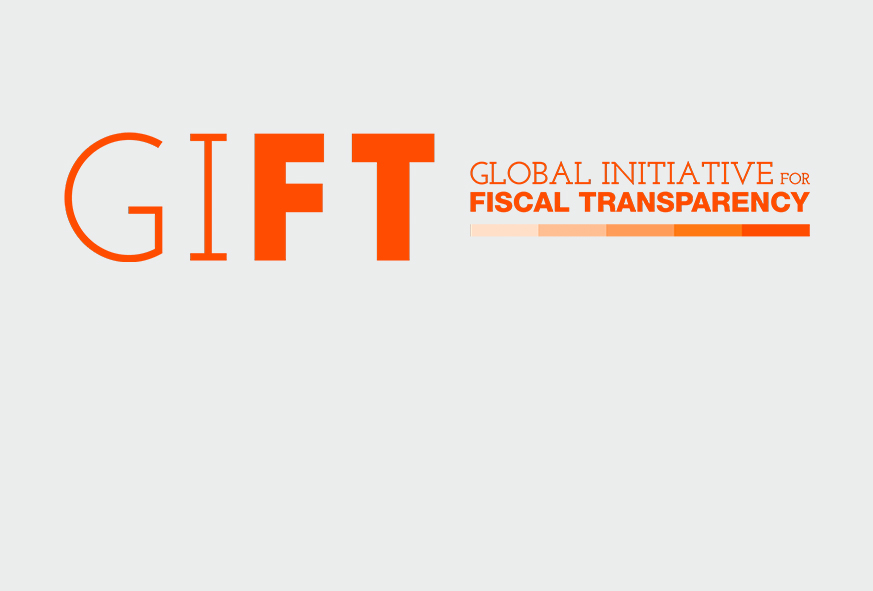|
We
want to congratulate
Mexico’s Ministry of
Finance, GIFT’s Steward,
for receiving one of the
OGP’s Awards 2016!
José
Ángel Mejía, Head of the Unit
for Performance
Evaluation from SHCP (Mexico’s
Ministry of Finance), received
the award and mentioned that
the winning platform is a
specific section that allows
monitoring public works for
both federal and subnational
governments. It was created as
part of Mexico’s National
Action Plan 2013-2015 with
collaboration civil society
(Fundar & IMCO).
The
platform accounts for more
than 125,000 investment
projects, with more than
50,000 contracts for 2016!
Visit
the platform:
www.transparenciapresupuestaria.gob.mx/en/PTP/EntidadesFederativas
|

